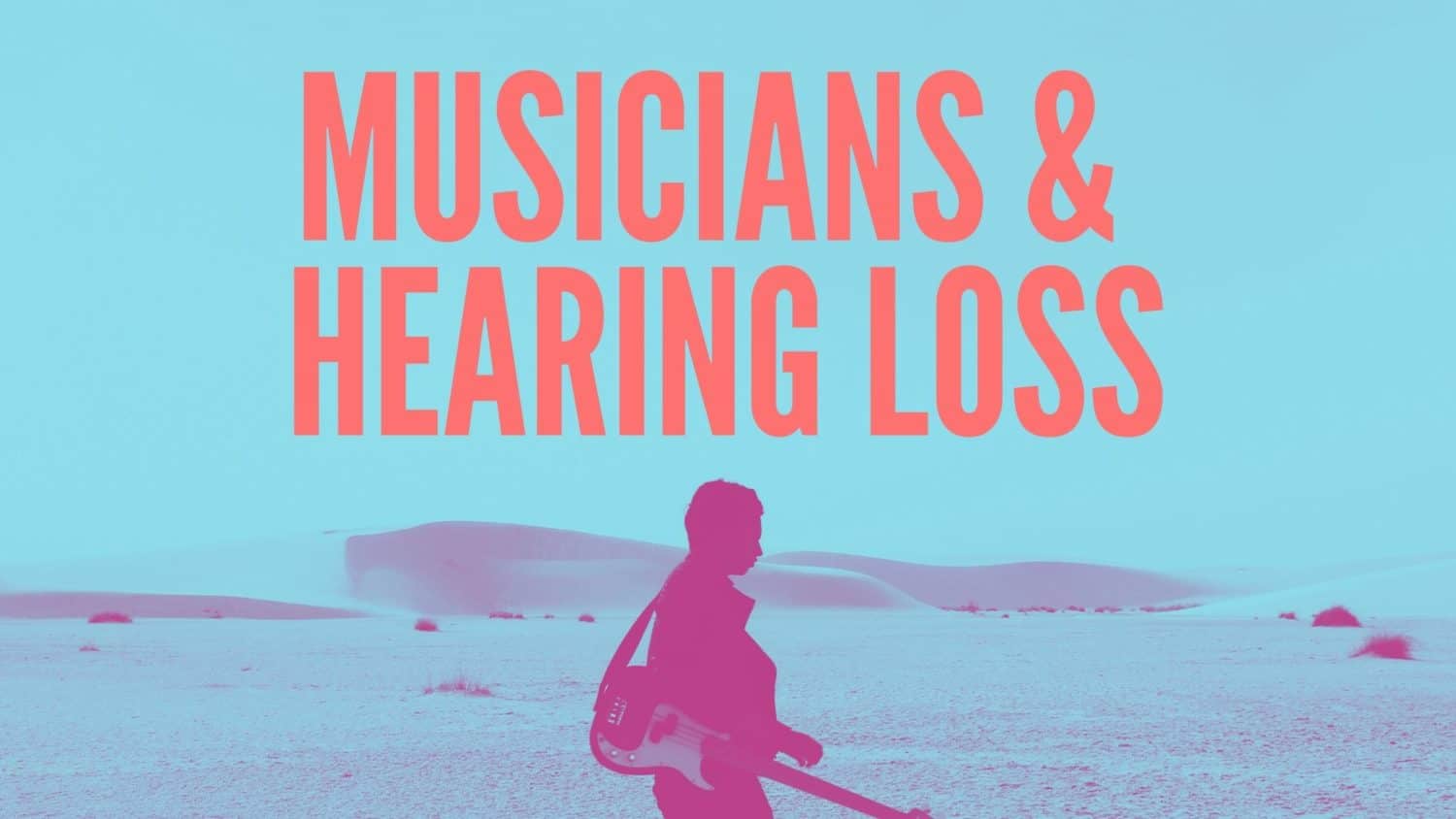- Embracing Connectivity: The Evolution of Bluetooth Hearing Aids - April 10, 2024
- The Unexpected Advantages of Meditation for Hearing Health - March 13, 2024
- The Lifespan of Hearing Aids: Understanding Durability and Maintenance - February 14, 2024
For all of the cheer they bring, did you know there is a dark side to the life of a classical musician? We tend to think of rock musicians as people who experience hearing loss. But classical musicians also experience hearing loss in high numbers, according to new studies from Norway and Finland.
A high number of classical musicians have hearing loss
Both Norway and Finland have recently released studies on the prevalence of hearing loss in classical musicians. In Norway, a study conducted in one of the most prominent classical orchestras revealed that 43.6% of musicians experience some form of hearing loss and that 76.9% experienced tinnitus of varying frequencies. Concurrently, the Finnish study found that 15% of classical musicians suffered from permanent tinnitus, while temporary tinnitus affected 41% of musicians during group rehearsals.
When hearing is an integral part of their profession, these troublesome experiences could cause stress to classical musicians. The Finnish study reveals that 83% of classical musicians found their jobs stressful – and that those with hearing loss were three times more likely to suffer from stress.
Noise-Induced Hearing Loss
Consider how much time classical musicians spend near instruments and are surrounded by noise. First, there is an individual rehearsal, where they practice their instruments. This is followed by hours of group rehearsals, where classical musicians are exposed to surprisingly high noise levels. Group rehearsals tend to span five to six hours a day.
Instruments in the orchestra range in decibels, but most of them exceed the healthy limit set by the World Health Organization for workplace noise. The double bass is 83 decibels, while flute or percussion can rise to 95 decibels. This cacophony could create very unsafe listening environments for professional musicians.
According to the Norwegian study, 82.1% of musicians experienced pain after a rehearsal with the orchestra. Noise-induced hearing loss occurs in the workplace when there is not adequate protection against dangerous levels of sound. Unfortunately, noise-induced hearing loss, as with all hearing loss, is permanent. Once hearing loss occurs, it cannot be reversed. This could hurt a professional musician’s career. What can professional musicians do to protect themselves?
The power of Custom-fit hearing protection
Custom hearing protection for musicians is designed to filter out dangerous noise levels while still providing them access to the sounds they want to hear.
For many professions, custom hearing protection is the norm – from construction to manufacturing to airfield technicians. The Occupational Safety and Health Administration has noted that noise-induced hearing loss in the workplace has risen in the past 25 years in the United States. However, hearing specialists have also noted that most noise-induced hearing loss cases occur in workplaces with moderate exposure to sound. In other words, it is evident for construction workers to use ear protection, while someone like a hairstylist might not.
It turns out that classical musicians, although aware that hearing loss and exposure to loud noise regularly are connected, tend not to use custom hearing protection as regularly as they should. Both studies from Norway and Finland found that very few musicians were consistent with the use of earplugs. The Finnish study reported that less than 25% of musicians used hearing protection – although 70% of musicians expressed concern about their rapidly declining hearing abilities.
What’s the standard excuse? Musicians in the Finnish study reported that they found it difficult to perform and hear the others playing when using hearing protection. They also found the hearing protection uncomfortable to wear and to adjust. Some found them hard to use due to existing hearing problems. Others believed that music would not damage their hearing.
Helping musicians in your life
If you’ve got a classical musician in your life, this is the season to show them support. Talk to your loved ones about hearing protection and encourage them to take an annual hearing test in the new year. We understand how important the sense of hearing is to someone’s musical passions. Contact us today for a consultation!

